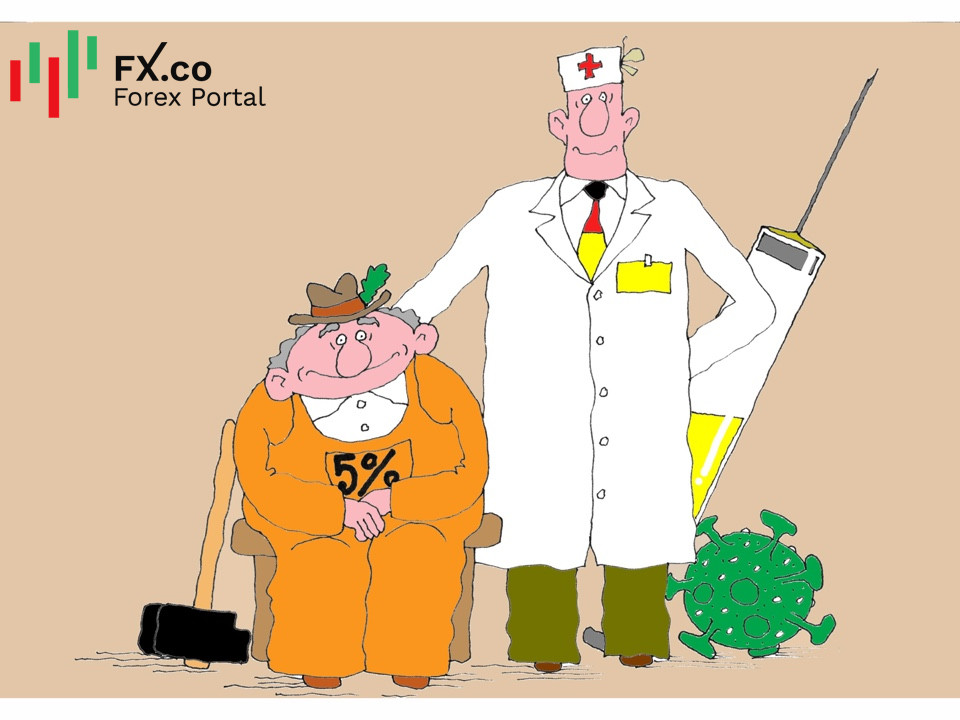
According to preliminary data, Germany managed to avoid a record economic plunge in 2020. Europe's biggest economy contracted by only 5%, less than expected. However, this figure is not final. Official statistics are set to come later.
The contraction turned out to be smaller than the massive -5.7% suffered in 2009, the previous crisis period. This means that the global financial crisis has dealt a more serious blow to the country's economy than the coronavirus pandemic.
Germany's economy shrank even less than leading experts from Reuters had anticipated. They predicted a 5.1% decline in gross domestic product.
According to the German experts, the previous year was a real challenge. However, judging by the latest figures, the country "got off lightly".
In the fourth quarter of 2020, Germany's economy probably stagnated. Nevertheless, in the current environment, it cannot be described as a negative development. Moreover, this stagnation may provide the basis for further positive dynamics in 2021. This suggests that the country has been relatively well prepared for the second wave of the coronavirus pandemic. Meanwhile, the first wave of COVID-19 infections was a devastating event for most European countries.
Notably, in order to get out of the crisis as soon as possible, the government led by Chancellor Angela Merkel developed a huge recovery plan. It included an array of measures to support the most affected economic sectors of both Germany and other Western Europe's countries.
The list of support measures contained direct and targeted assistance to struggling companies, job protection schemes for employees, tax cuts, direct cash benefits to boost domestic demand, as well as long-term investments in infrastructure and the so-called green technologies.
The public sector, including federal states, municipalities, and social insurance, showed a budget deficit of €158.2 billion, that is, $192.31 billion or about 4.8% of GDP. Notably, a year earlier, the public sector ran an annual surplus of €52.5 billion or 1.5% of GDP.
Private consumption plunged by 6% in 2020 compared to the previous year. However, personal income increased due to numerous state support measures during the crisis.
 English
English 
 Русский
Русский Bahasa Indonesia
Bahasa Indonesia Bahasa Malay
Bahasa Malay ไทย
ไทย Español
Español Deutsch
Deutsch Български
Български Français
Français Tiếng Việt
Tiếng Việt 中文
中文 বাংলা
বাংলা हिन्दी
हिन्दी Čeština
Čeština Українська
Українська Română
Română
